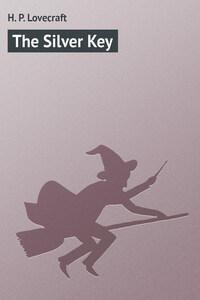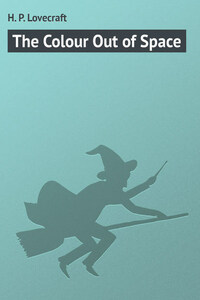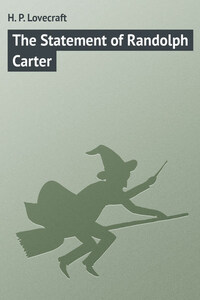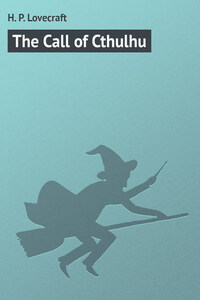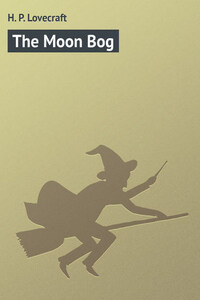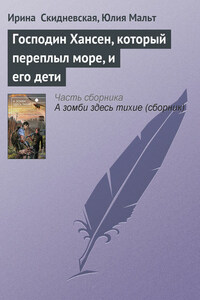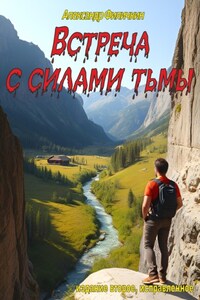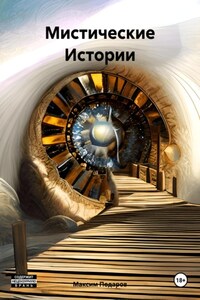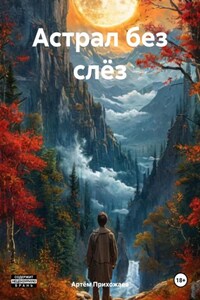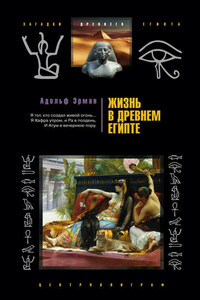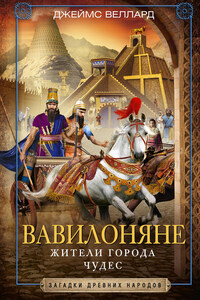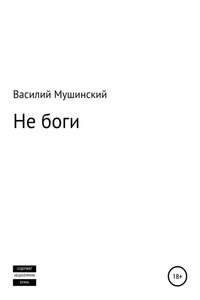When Randolph Carter was thirty he lost the key of the gate of dreams. Prior to that time he had made up for the prosiness of life by nightly excursions to strange and ancient cities beyond space, and lovely, unbelievable garden lands across ethereal seas; but as middle age hardened upon him he felt these liberties slipping away little by little, until at last he was cut off altogether. No more could his galleys sail up the river Oukranos past the gilded spires of Thran, or his elephant caravans tramp through perfumed jungles in Kled, where forgotten palaces with veined ivory columns sleep lovely and unbroken under the moon.
He had read much of things as they are, and talked with too many people. Well-meaning philosophers had taught him to look into the logical relations of things, and analyse the processes which shaped his thoughts and fancies. Wonder had gone away, and he had forgotten that all life is only a set of pictures in the brain, among which there is no difference betwixt those born of real things and those born of inward dreamings, and no cause to value the one above the other. Custom had dinned into his ears a superstitious reverence for that which tangibly and physically exists, and had made him secretly ashamed to dwell in visions. Wise men told him his simple fancies were inane and childish, and even more absurd because their actors persist in fancying them full of meaning and purpose as the blind cosmos grinds aimlessly on from nothing to something and from something back to nothing again, neither heeding nor knowing the wishes or existence of the minds that flicker for a second now and then in the darkness.
They had chained him down to things that are, and had then explained the workings of those things till mystery had gone out of the world. When he complained, and longed to escape into twilight realms where magic moulded all the little vivid fragments and prized associations of his mind into vistas of breathless expectancy and unquenchable delight, they turned him instead toward the new-found prodigies of science, bidding him find wonder in the atom’s vortex and mystery in the sky’s dimensions. And when he had failed to find these boons in things whose laws are known and measurable, they told him he lacked imagination, and was immature because he preferred dream-illusions to the illusions of our physical creation.
So Carter had tried to do as others did, and pretended that the common events and emotions of earthy minds were more important than the fantasies of rare and delicate souls. He did not dissent when they told him that the animal pain of a stuck pig or dyspeptic ploughman in real life is a greater thing than the peerless beauty of Narath with its hundred carven gates and domes of chalcedony, which he dimly remembered from his dreams; and under their guidance he cultivated a painstaking sense of pity and tragedy.
Once in a while, though, he could not help seeing how shallow, fickle, and meaningless all human aspirations are, and how emptily our real impulses contrast with those pompous ideals we profess to hold. Then he would have recourse to the polite laughter they had taught him to use against the extravagance and artificiality of dreams; for he saw that the daily life of our world is every inch as extravagant and artificial, and far less worthy of respect because of its poverty in beauty and its silly reluctance to admit its own lack of reason and purpose. In this way he became a kind of humorist, for he did not see that even humour is empty in a mindless universe devoid of any true standard of consistency or inconsistency.
In the first days of his bondage he had turned to the gentle churchly faith endeared to him by the naive trust of his fathers, for thence stretched mystic avenues which seemed to promise escape from life. Only on closer view did he mark the starved fancy and beauty, the stale and prosy triteness, and the owlish gravity and grotesque claims of solid truth which reigned boresomely and overwhelmingly among most of its professors; or feel to the full the awkwardness with which it sought to keep alive as literal fact the outgrown fears and guesses of a primal race confronting the unknown. It wearied Carter to see how solemnly people tried to make earthly reality out of old myths which every step of their boasted science confuted, and this misplaced seriousness killed the attachment he might have kept for the ancient creeds had they been content to offer the sonorous rites and emotional outlets in their true guise of ethereal fantasy.
But when he came to study those who had thrown off the old myths, he found them even more ugly than those who had not. They did not know that beauty lies in harmony, and that loveliness of life has no standard amidst an aimless cosmos save only its harmony with the dreams and the feelings which have gone before and blindly moulded our little spheres out of the rest of chaos. They did not see that good and evil and beauty and ugliness are only ornamental fruits of perspective, whose sole value lies in their linkage to what chance made our fathers think and feel, and whose finer details are different for every race and culture. Instead, they either denied these things altogether or transferred them to the crude, vague instincts which they shared with the beasts and peasants; so that their lives were dragged malodorously out in pain, ugliness, and disproportion, yet filled with a ludicrous pride at having escaped from something no more unsound than that which still held them. They had traded the false gods of fear and blind piety for those of license and anarchy.
Carter did not taste deeply of these modern freedoms; for their cheapness and squalor sickened a spirit loving beauty alone while his reason rebelled at the flimsy logic with which their champions tried to gild brute impulse with a sacredness stripped from the idols they had discarded. He saw that most of them, in common with their cast-off priestcraft, could not escape from the delusion that life has a meaning apart from that which men dream into it; and could not lay aside the crude notion of ethics and obligations beyond those of beauty, even when all Nature shrieked of its unconsciousness and impersonal unmorality in the light of their scientific discoveries. Warped and bigoted with preconceived illusions of justice, freedom, and consistency, they cast off the old lore and the old way with the old beliefs; nor ever stopped to think that that lore and those ways were the sole makers of their present thoughts and judgments, and the sole guides and standards in a meaningless universe without fixed aims or stable points of reference. Having lost these artificial settings, their lives grew void of direction and dramatic interest; till at length they strove to drown their ennui in bustle and pretended usefulness, noise and excitement, barbaric display and animal sensation. When these things palled, disappointed, or grew nauseous through revulsion, they cultivated irony and bitterness, and found fault with the social order. Never could they realize that their brute foundations were as shifting and contradictory as the gods of their elders, and that the satisfaction of one moment is the bane of the next. Calm, lasting beauty comes only in a dream, and this solace the world had thrown away when in its worship of the real it threw away the secrets of childhood and innocence.
